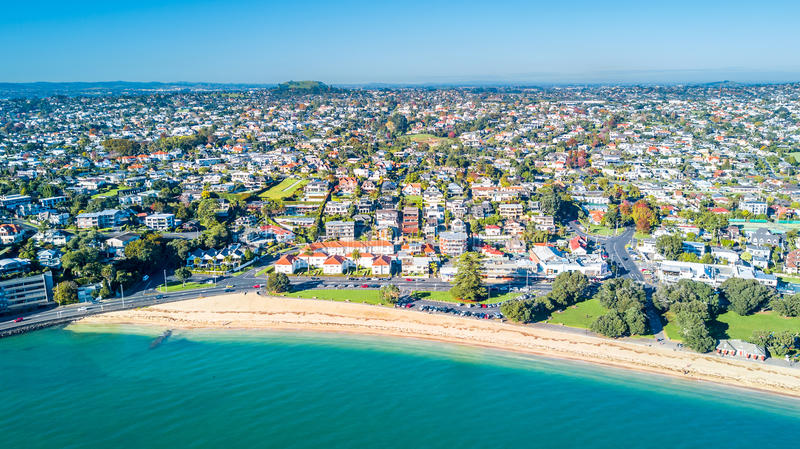Whether you’re looking to jump around a buzzing big city, or settle in Aotearoa’s renowned outdoors, there are plenty of regions that offer a whole spectrum of living styles to suit your taste.
It can be tricky to know where to start, so below is a quick breakdown of the kinds of things you’ll need to consider before relocating…
Where to live
Cityscape or mountain range? Whatever view you want to wake up to, we’ll have it. Check out our guide to the various regions in New Zealand.
The costs
The median rental price in New Zealand can vary a lot so depending on the location you’re planning to settle in.
Head here for a summarised breakdown of median rental prices across different popular regions, as of April 2021.
As always, there’s no substitute for research.
Steps to renting:
House hunting
The first thing to understand is that good rentals don’t stick around for long before they’re snapped up. So, start looking with a very clear idea of what you want. That way, you can apply as soon as ‘the one’ pops up. This is also a good time to familiarise yourself with the necessary paperwork, found here, and arm yourself with references from past landlords and employers.
Paying rent in advance
A landlord can ask for 1 or 2 weeks’ rent in advance, however, it’s unlawful for a landlord to request any more than that. A landlord also can’t ask for the next rent payment until all the paid rent has been used up.
For example:
A tenancy agreement begins on 1 February. The tenant pays 2 weeks’ rent as bond and 2 weeks’ rent in advance. The 2 weeks’ rent in advance pays for 1–14 February. The tenant doesn’t have to pay rent again until 15 February. On that date, they’ll pay a further 2 weeks’ rent in advance for 15–28 February.
Ways to pay
Before you sign your tenancy agreement, it’s important to agree on how rent will be processed. Your options include:
- Automatic payment
- Cash cheque
- Non-negotiable personal cheque
Your bond
It’s normal for a landlord to request a payment known as a bond after tenants secure the rental. A bond is money that’s paid to and held by Tenancy Services, in order to cover things like:
- Unpaid rent
- Damage to the property
- Any claim(s) relating to the tenancy
If you care for the property, pay your rent in full and have no amounts owing, you’re entitled to a full refund of your bond once the tenancy ends.
You can find out more about bonds here.
Due diligence
Make sure you cover yourself by taking photos of any pre-existing scrapes and dings, to avoid any disputes or threats to your bond in the future. It’s also wise to keep a record of any promises to make repairs, so you can ensure your landlord follows through.
Know your rights
It’s important to know where you, and your landlord, stand when it comes to renting. For example, landlords must give at least 90 days’ notice before ending a tenancy. But they can give 42 days’ notice under certain conditions. Tenants must give at least 21 days’ notice. Check out more of the fine print here.
Important FYIs
- Landlords cannot encourage rental bidding when renting out a property.
- Rental properties cannot be advertised without a rental price listed.
- Landlords cannot encourage prospective tenants to pay more rent for a property than is stated in the advertisement or offer. This means they cannot organise an auction over a rental property or offer to give the rental to a tenant if they agree to pay more for it.

